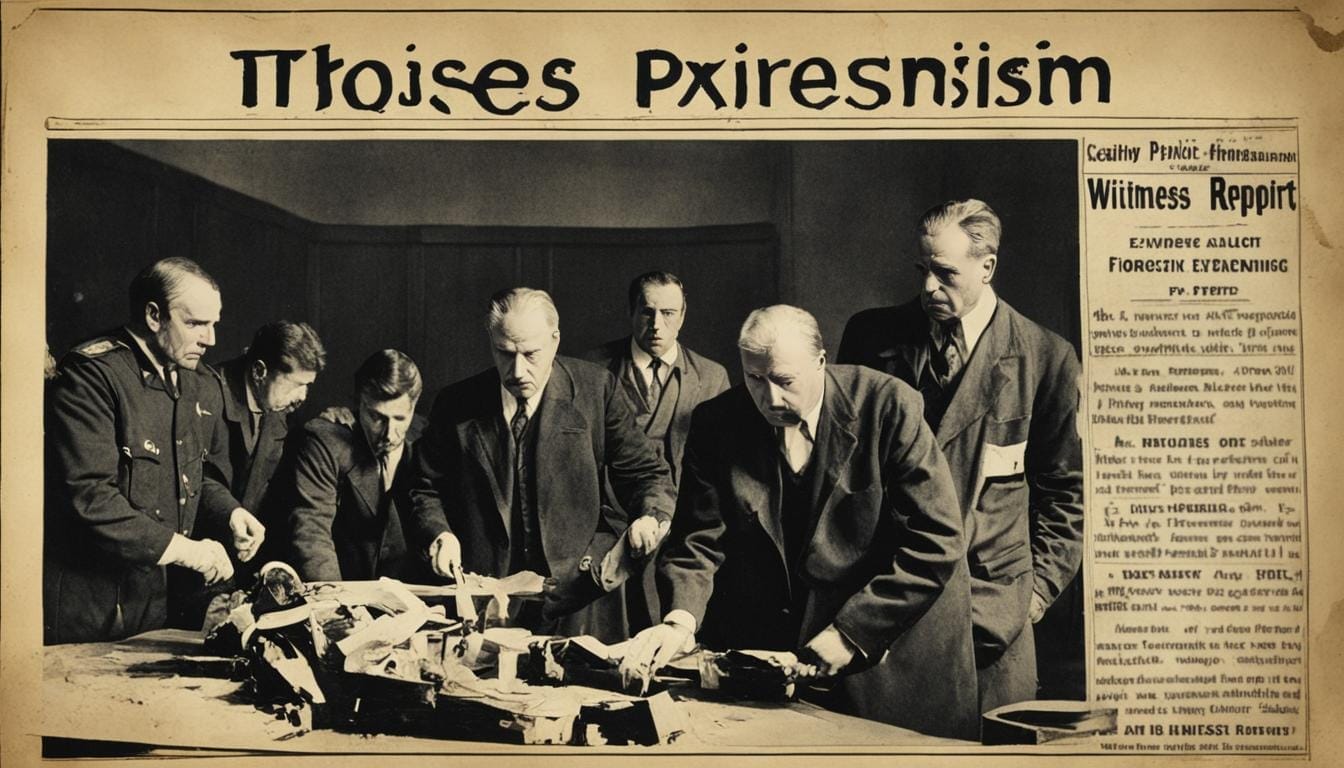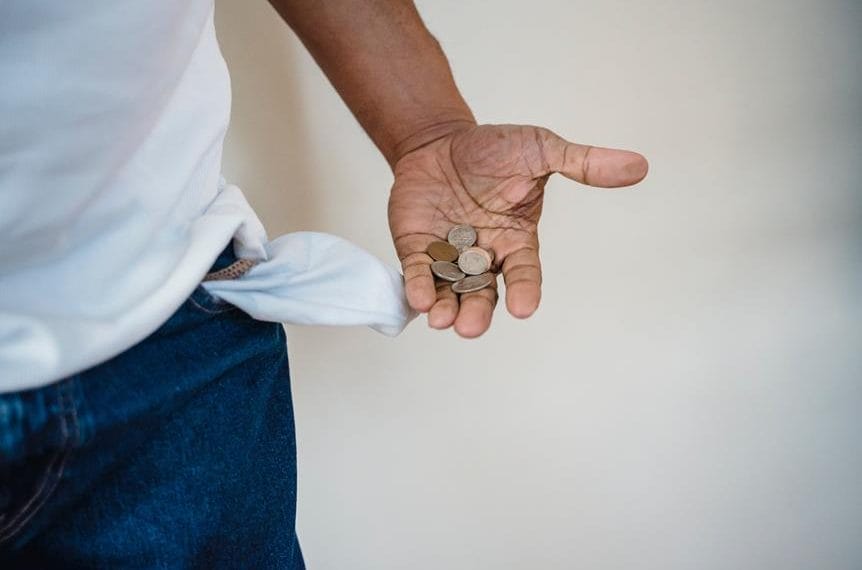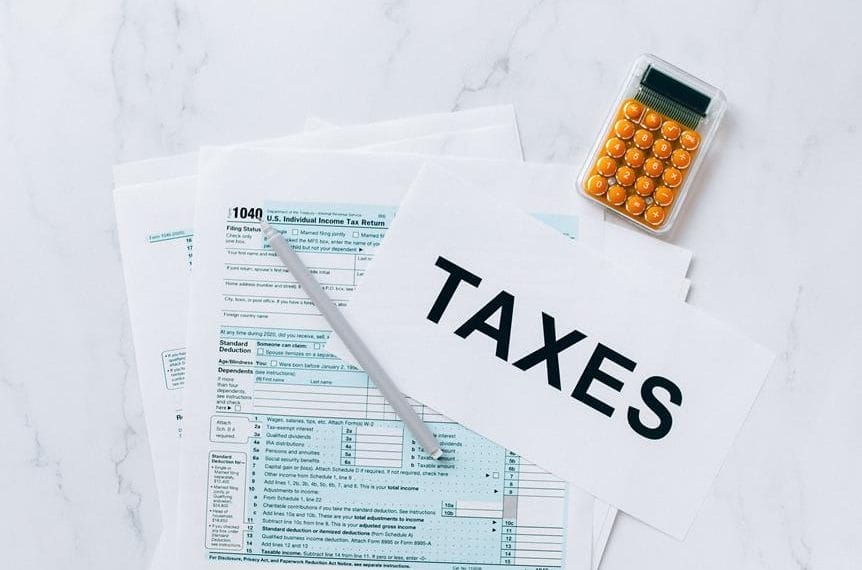If you’re facing overwhelming financial hardship and considering filing for bankruptcy in Florida, you may be worried about the associated costs. Filing fees and attorney fees can add up quickly, making it challenging for those already struggling with debt.
Fortunately, there are options available for individuals who cannot afford these expenses. In this article, we’ll explore how you can file for bankruptcy in Florida without incurring significant costs. Whether you’re looking for free bankruptcy filing assistance or seeking financial hardship support, we’ve got you covered.
How to File Bankruptcy for Free in Florida
The process of filing for bankruptcy in Florida can be overwhelming, especially when considering the associated costs. However, it is possible to file for bankruptcy without incurring the expenses of hiring a lawyer. This section will provide a step-by-step guide on how to file bankruptcy for free in Florida, ensuring that those in financial distress can access the support they need.
Before beginning the filing process, it is important to gather the necessary bankruptcy documents. These documents typically include items such as tax returns, paycheck stubs, and bank statements, which are essential for accurately assessing your financial situation. By having these documents readily available, you can streamline the filing process and ensure its accuracy.
One crucial step in filing for bankruptcy is completing a credit counseling course. This course must be taken before filing, and a certificate of completion must be submitted to the court. The course helps individuals understand the impact of bankruptcy on their finances and equips them with the necessary tools to make informed decisions about their financial future.
To complete the required bankruptcy forms, individuals can access free fillable PDFs from USCOURTS.gov. These forms have been specifically designed to facilitate the filing process and provide a clear structure for addressing important financial information. By completing these forms accurately, you can help move your bankruptcy case forward smoothly.
Once the forms are completed, individuals without an attorney can submit them to the Florida bankruptcy court. This can be done by either hand-delivering the forms or mailing them to the designated court address. It is important to follow the court’s guidelines and deadlines to ensure the accurate and timely submission of your documents.
After filing, certain documents, such as tax returns and bank statements, need to be sent to the assigned bankruptcy trustee. These documents help the trustee assess your financial situation and ensure the integrity of the bankruptcy process. By promptly providing these documents, you can help expedite the progress of your case.
Finally, it is essential to complete a debtor education course within a specified timeframe after the creditors’ meeting. This course focuses on providing individuals with the necessary financial management skills to regain control of their finances and achieve long-term stability.
By following these steps, individuals in Florida can file for bankruptcy without incurring the costs associated with hiring a lawyer. It is important to note that while filing pro se allows for cost savings, the guidance and expertise of a bankruptcy attorney can be valuable in navigating the complexities of the bankruptcy process.
Table: Comparison of Filing Costs for Chapter 7 and Chapter 13 Bankruptcy in Florida
| Chapter 7 | Chapter 13 | |
|---|---|---|
| Filing Fee | $335 | $310 |
| Credit Counseling Fee | Varies | Varies |
| Attorney Fees (Optional) | $1,000-$2,500 | $3,000-$6,000 |
| Fee Waiver Eligibility | Based on income level | Based on income level |
Costs Associated with Filing Bankruptcy in Florida
When considering filing for bankruptcy in Florida, it’s essential to understand the costs involved throughout the process. These costs typically include bankruptcy filing fees, credit counseling fees, and attorney fees.
The specific filing fees for Chapter 7 and Chapter 13 bankruptcies in Florida may vary, and it’s crucial to have a clear understanding of these fees before proceeding. Additionally, individuals experiencing financial hardship may be eligible for a fee waiver based on their income level.
It’s important to be cautious of scams or false promises offering reduced costs for filing bankruptcy. While hiring an attorney can enhance the outcome of a bankruptcy case, it’s also possible to file without one. Keep in mind that attorney fees for filing Chapter 7 and Chapter 13 bankruptcies in Florida may vary, and some attorneys may offer payment plans to accommodate clients’ financial situations.
To ensure a smooth bankruptcy process, it is advised to select a reputable bankruptcy attorney with experience handling bankruptcy cases. A reliable attorney will guide you through the process, explain all associated costs, and help you make informed decisions to achieve the best possible outcome for your financial situation.













